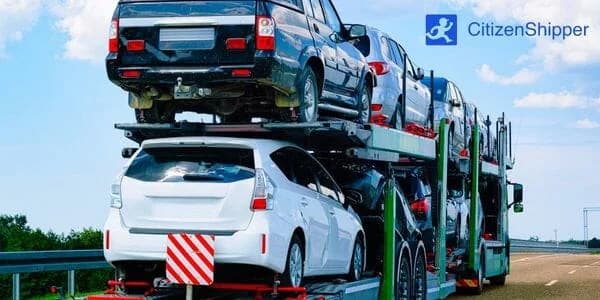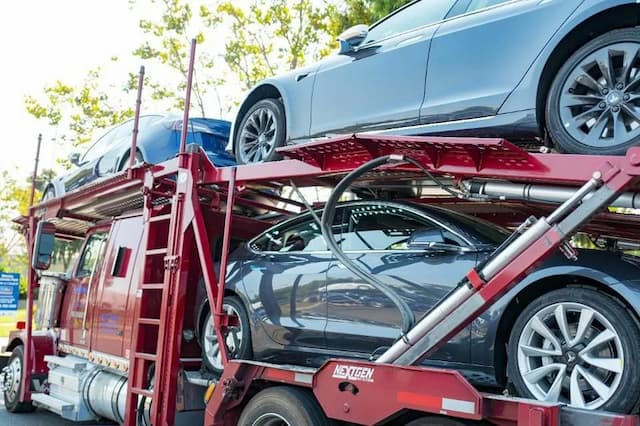Navigating Car Transport in Hayward, CA
When it comes to shipping your car in California, there's a world of factors to consider. California, with its stringent emissions regulations, diverse climate conditions, and urban congestion challenges, presents a distinct set of circumstances. But don't worry! Here at CitizenShipper, we are committed to helping you navigate through it all. Whether you're moving into or out of Hayward or need to transport your car for any reason, our expert team is here to help.
California's Vehicle Transportation Laws & Regulations
In California, car transportation laws and regulations are in place to ensure the safety and preservation of all vehicles and public roadways. Auto transporters must adhere to the Federal Motor Carrier Safety Administration (FMCSA) regulations for safety. Compliance involves ensuring that all vehicles are properly secured during transport and maintaining necessary documents for every shipped vehicle.
All auto transporters operating in California must also possess an active MC Docket number, issued by the FMCSA. This number signifies that a transportation company is registered under the federal government, allowing them to legally operate across state lines. Additionally, California has specific emissions standards that may affect certain vehicle shipments, particularly for cars coming from out of state.
Weather & Terrain Considerations in Hayward, CA
Weather patterns in Hayward, CA have a significant impact on car shipping. With a Mediterranean climate, Hayward experiences warm, dry summers and mild, wet winters. The region benefits from the moderating influence of the San Francisco Bay, creating generally pleasant conditions year-round, though fog can be common in the mornings, especially during summer months.
Hayward's terrain is relatively flat near the bay but rises into the East Bay hills. While the city itself doesn't present major geographical shipping challenges, its location in the greater Bay Area means transporters must navigate the region's notorious traffic congestion, particularly on Interstates 880 and 580. The nearby coastal mountains and varied elevations throughout the Bay Area can occasionally present challenges for larger vehicle transports. It's advisable to plan and account for possible traffic delays, especially during peak commute hours.








